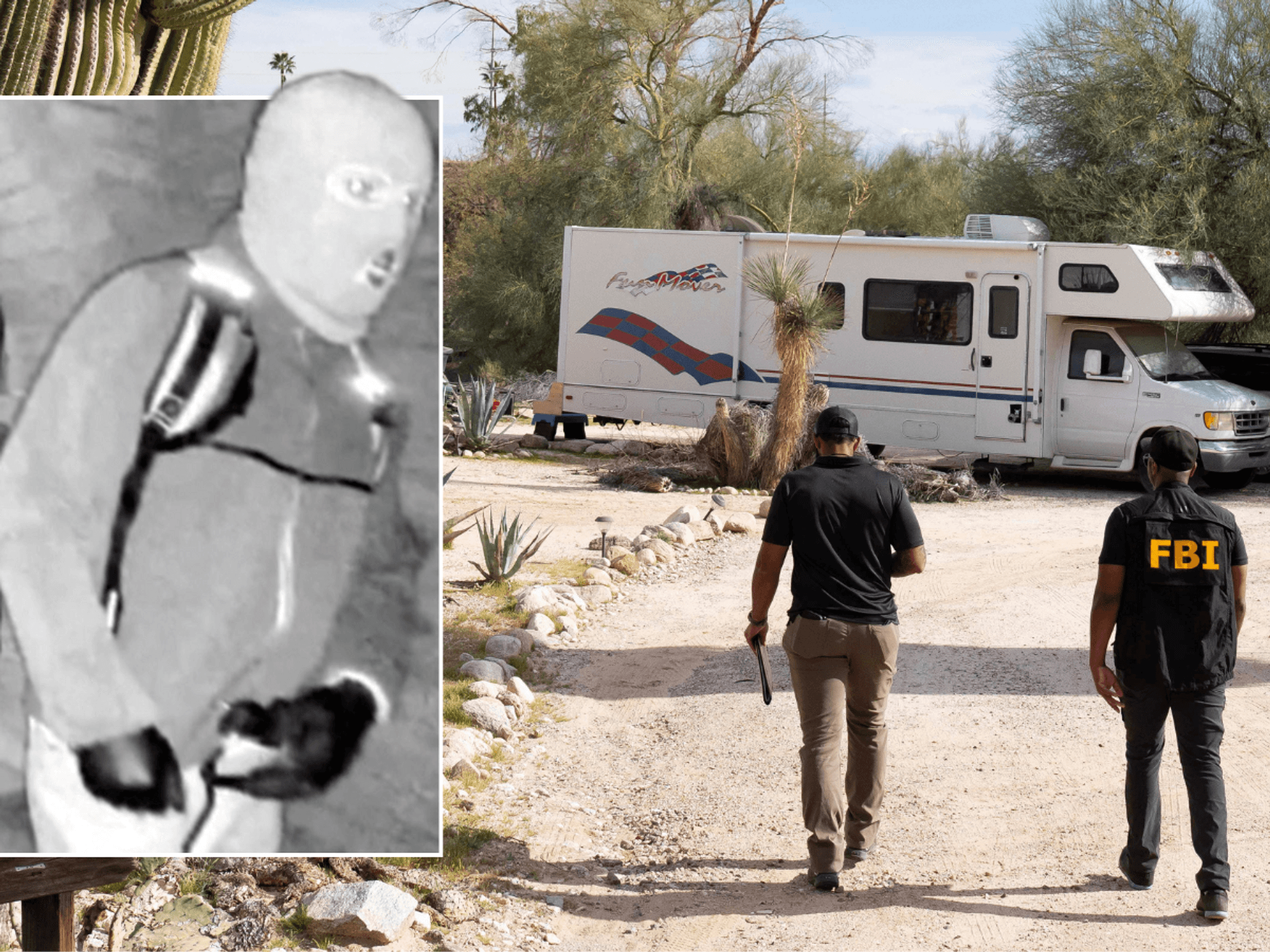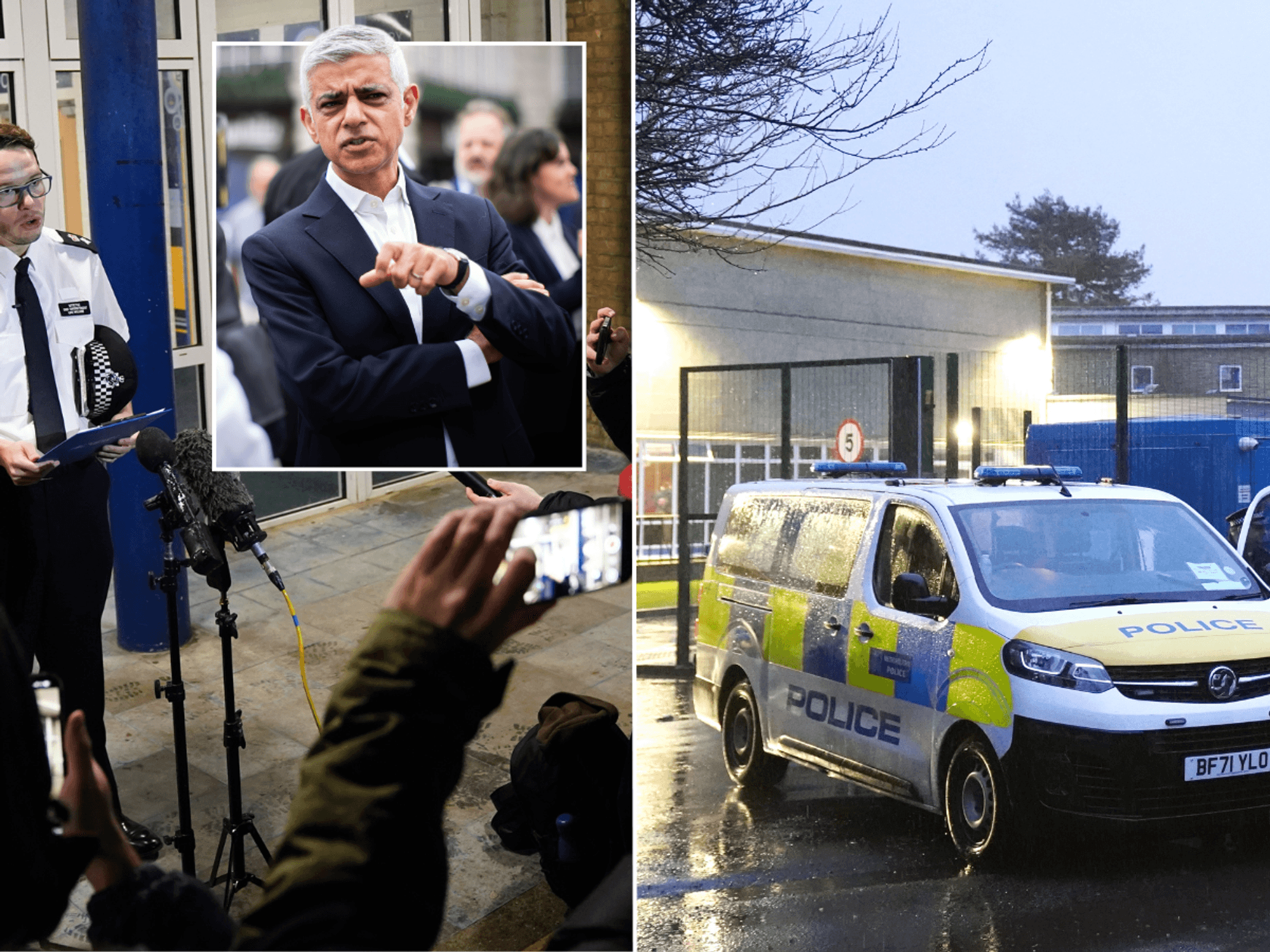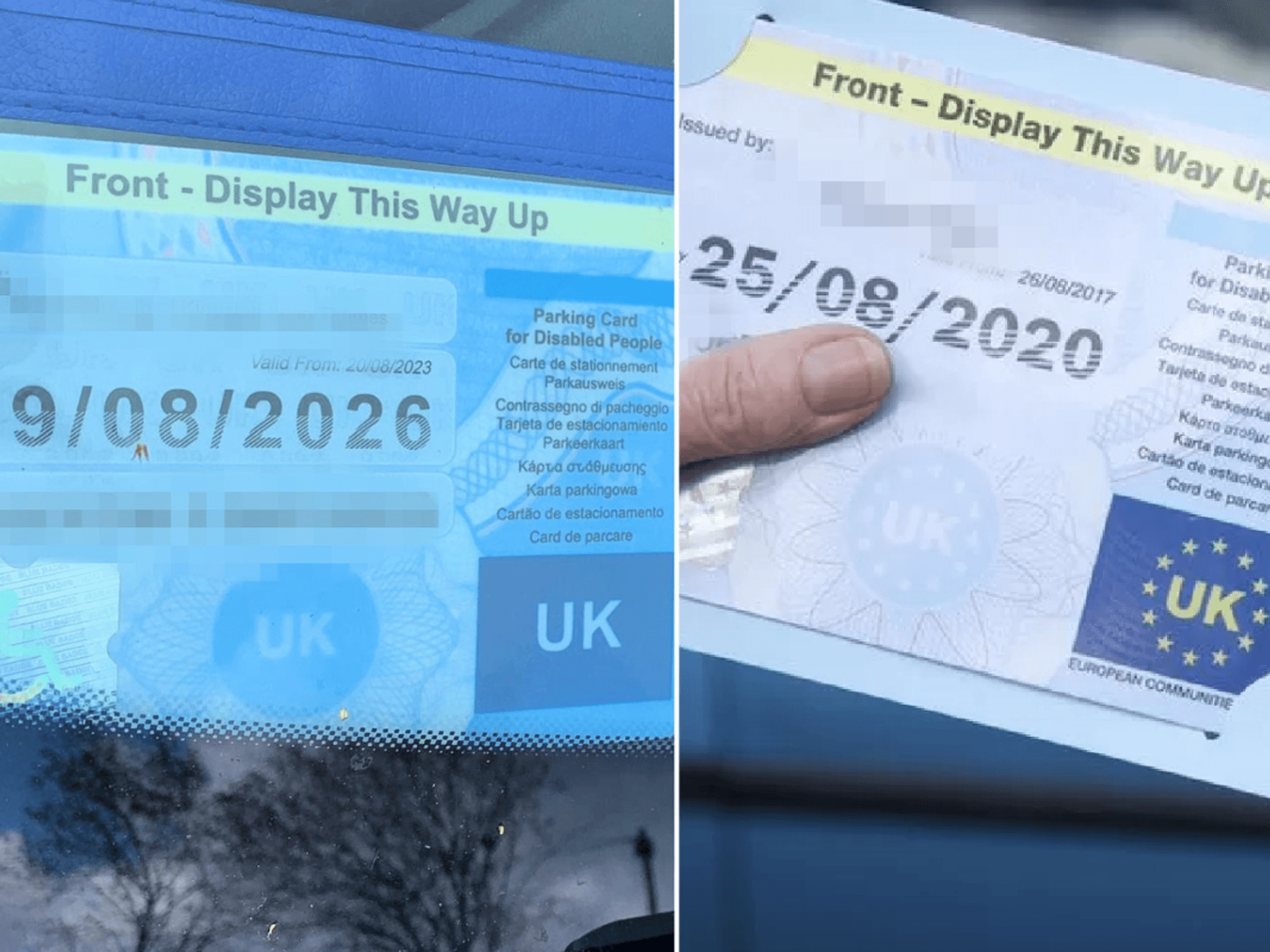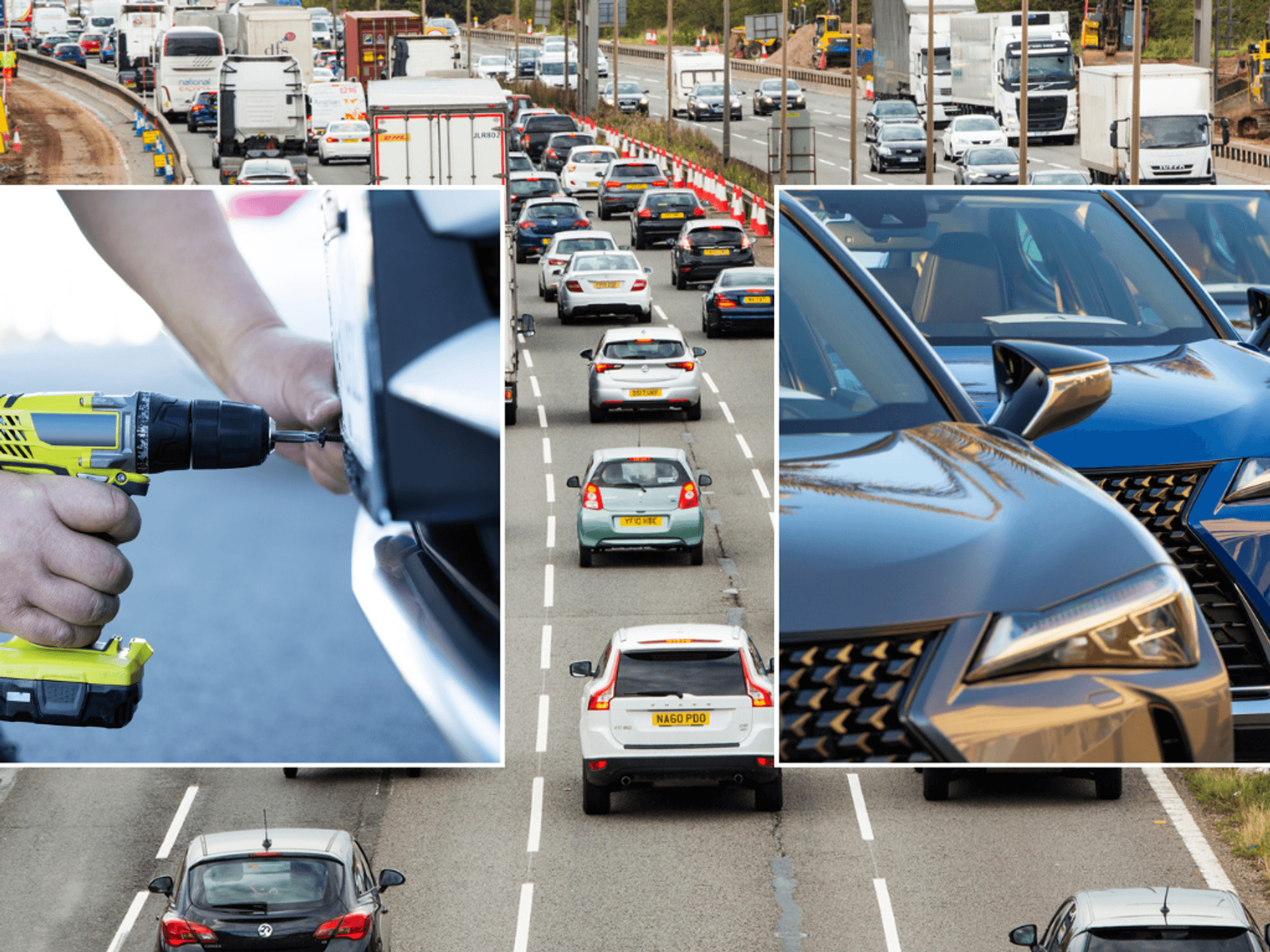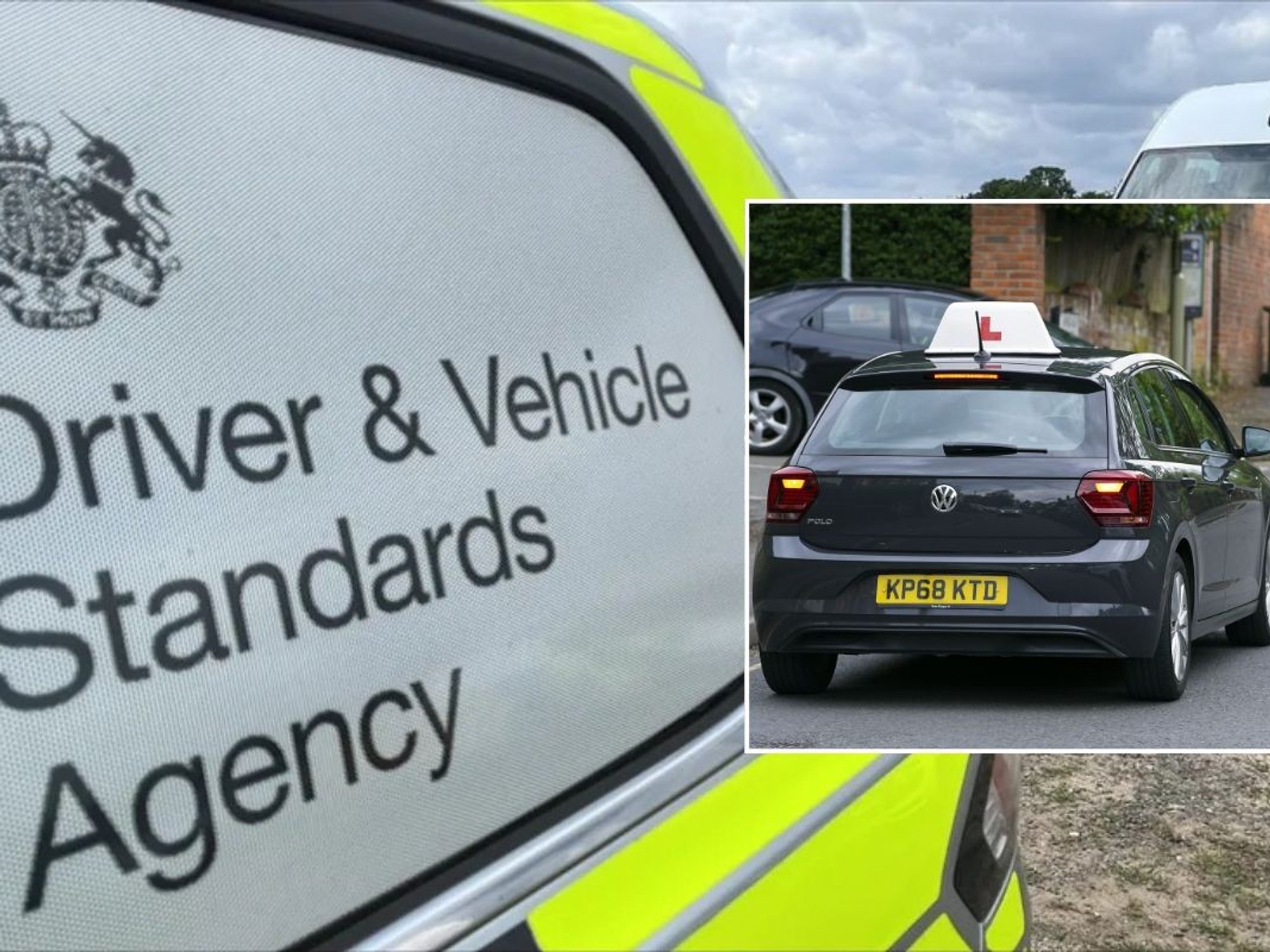Priti Patel: Why I became a Brexiteer - and why we can't just simply leave the ECHR
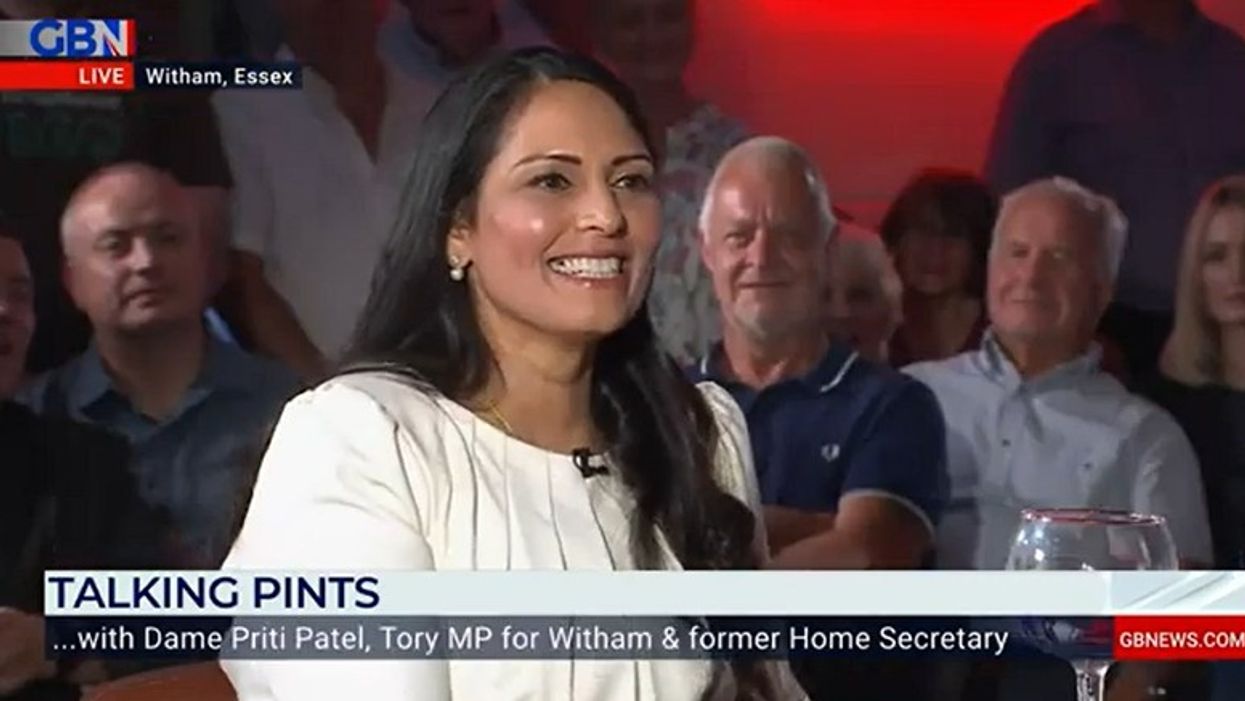
Priti Patel has explained why she became a Brexiteer, and why the UK can't simply just leave the ECHR.
|GB NEWS

The former Home Secretary says Britain needs to 'derogate' from the ECHR
Don't Miss
Most Read
Latest
Priti Patel has explained why she became a Brexiteer, explaining her "personal story" to Nigel Farage.
She told Talking Pints on GB News that the devastation of the ERM crisis, a crisis in the European Monetary System, was one of the key factors that sparked her interest in politics and cemented her views as a Eurosceptic.
She explained: "I've got a personal story in terms of my own background, how I got into party politics. But also my views on Europe and obviously why I went on to campaign on Brexit.
"I remember the ERM crisis. And I just remember the devastating impact that had on people, jobs, livelihoods, people lost their homes, the rates went double digits."
WATCH THE INTERVIEW BELOW
She added: "My mum and dad were shopkeepers and I saw the devastating impact that had on all of us.
"Our family, lives, we couldn't even manage our payments for the shop that my mum and dad had."
Speaking to Farage, Patel also called for the UK Government to “derogate” from the European Court of Human Rights.
Many see the ECHR as the thing blocking the UK from controlling its own borders.
While Farage argued Britain needs to leave the ECHR altogether, Patel warned that such a move may not be possible given how intertwined the court is with UK legal system.
“Can we solve the Channel crisis in your opinion all while we stay a part of the European Convention on Human Rights?”, Farage asked.
“There isn’t a single optional solution to this, I think we need to derogate from the ECHR”, Patel responded.
Farage pulled her up on the point, particularly the use of the word “derogate”.
LATEST DEVELOPMENTS
Patel went on to argue that “you can’t just say you’re going to leave it”.
Farage responded: “You can, I can!”
The former Home Secretary responded by telling Farage that Parliament would not allow such a development.
The former Brexit Party leader made a tongue-in-cheek comment suggesting Britain would be well served by having a referendum as a result.

Rishi Sunak is under pressure over Britain's ECHR involvement
| PAResponding to Farage’s comment in jest, Patel stated: “No more referendums.”
She added: “Laws are in place. We can’t just say it’s too difficult.
“We had the Nationality and Borders Act, the Government needs to act and implement that.”
Farage interjected by stating: “Nothing is changing.”
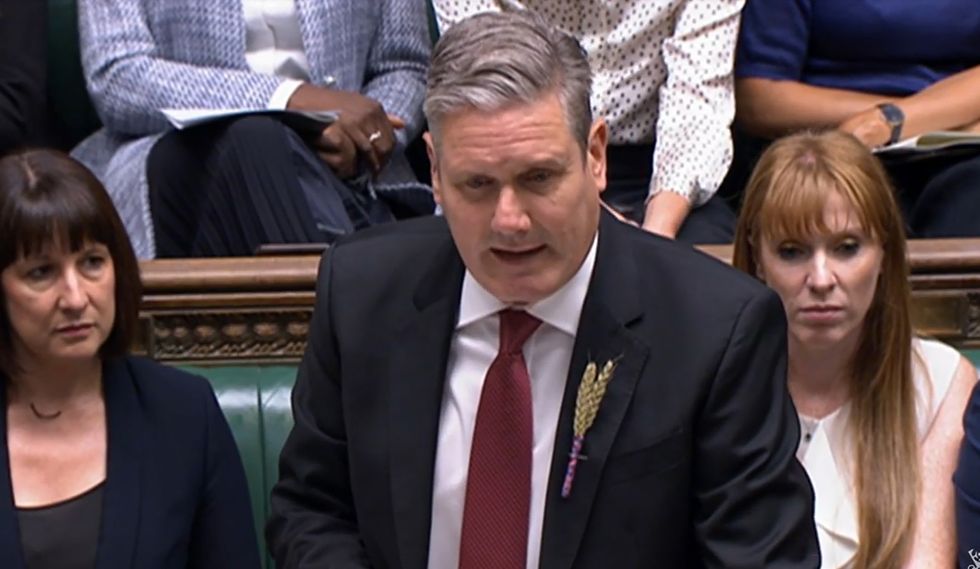
Starmer has outlined his migrant policy plans
| PAIt comes as Tory MPs piled pressure on Rishi Sunak over the ECHR, with many seeing the treaty as blocking the UK from controlling its borders fully.
Conservative MP for Mansfield Ben Bradley told GB News that it is “the most common issue” raised by his constituents.
Labour leader Sir Keir Starmer, however, is unlikely to make any effort to leave the ECHR.
A major Labour policy announcement on migration laid bare his plans which consist of “smashing” migrant gangs.
He also said he would abandon the Government’s plan to ban cross-Channel migrants from claiming asylum in Britain.
Ex-Home Secretary Priti Patel told GB News that Starmer is looking to “walk us back into the EU”.
Her predecessor Suella Braverman has also taken aim at the Labour leader, saying: “Finally we see Keir Starmer’s migration plan.
"He’ll let Brussels decide who comes to the UK.
"He’ll agree to make Britain the dumping ground for many of the millions of illegal migrants that Europe doesn’t want. And none of this will stop the boats."
Starmer had remain tight-lipped on the small boats crisis until his announcement, where he said: "Very few terrorist operations are within one nation, one border. They are nearly all cross-border.
"They are highly organised and involve the movement of people and apparatus across borders. There’s usually a lot of finance involved."






